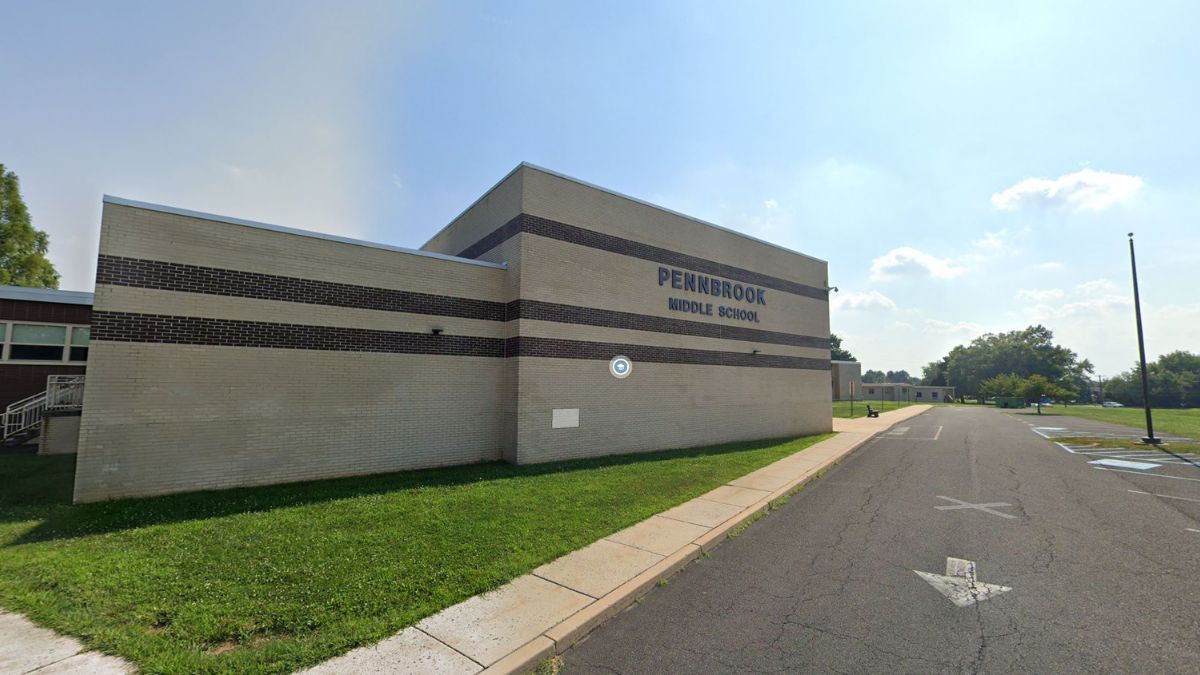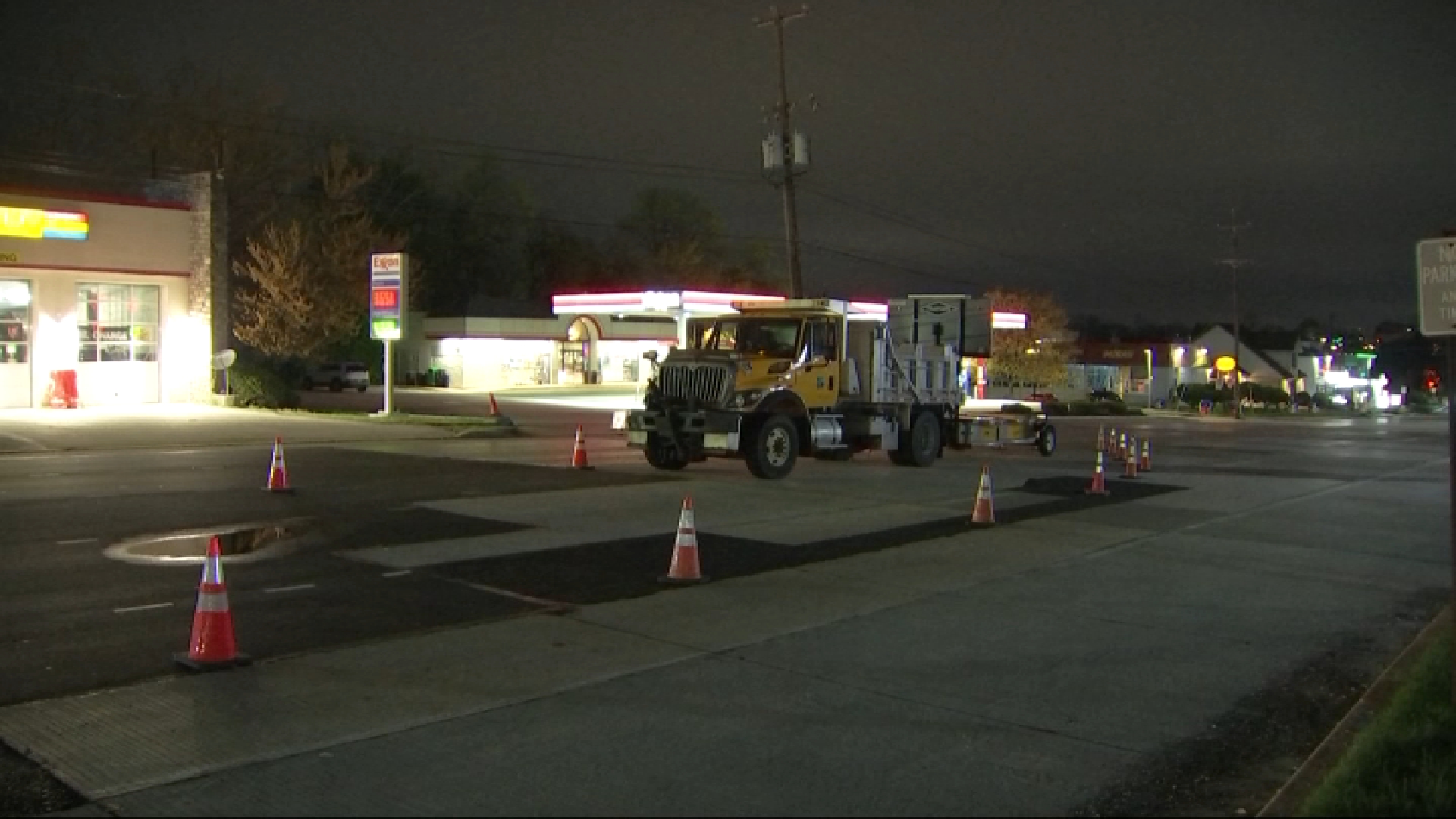It’s easy to get distracted by the razzle-dazzle of Meek Mill’s ongoing legal drama.
Grinning, the Philadelphia rapper triumphantly trotted out of prison Tuesday evening and hopped onto a private helicopter commissioned by bestie and 76er’s co-owner Michael Rubin. They flew high above Mill’s fans cheering outside the state prison in Chester en route to Philadelphia’s Wells Fargo Center. There, Mill rang the opening bell for game five of the NBA semifinals and sat next to Pennsylvania Gov. Tom Wolf and Eagles’ owner Jeff Lurie. Funny guy Kevin Hart, who visited Mill earlier in the day, joined the motley crew for court-side photos.
But the Hollywood-style spectacle is eclipsing a larger trend in Philadelphia, which prosecutors say has the highest incarceration rate of America’s big cities. Mill is just one of hundreds of people whose prison sentences are being challenged after the names of 29 problematic police officers were revealed earlier this year.
Assistant public defender Bradley Bridge is overseeing all of those cases. Since March, three cases involving Mill's arresting officer, Reginald Graham, have been overturned with more than 100 waiting to be heard. And there are thousands more involving other corrupt cops, Bridge told NBC10.
An attempt to reach Graham for comment was not successful.
The vast majority of those cases involve drug charges against black and brown people who might have been wrongfully convicted.
"It’s a minority issue," he said. "That’s historically true. I've been doing this for 22 years and it’s always the same."
Local
Breaking news and the stories that matter to your neighborhood.
The same thing is happening in cities like Chicago and Baltimore, Bridge said. Last year, more than 21,000 drug convictions were thrown out after the state chemist admitted to falsifying evidence.
But What Does This Have to Do With Meek Mill?
At the center of Mill’s particular case is Graham, that now-retired cop who was included on a list of officers accused of serious misconduct released by the Philadelphia District Attorney’s Office.
Graham was initially outed by his former partner, who told investigators that Graham lied about Mill pointing a gun at police officers when they first attempted to arrest the then 19-year-old in Southwest Philadelphia in 2007.
That statement triggered a flood of motions by Mill’s legal team under the Post Conviction Relief Act, which allows people serving sentences to challenge their convictions. His team also asked for Mill to be released on bail and for the presiding judge to recuse herself.
Common Pleas Judge Genece Brinkley denied every request even though other cases involving corrupt police were already being heard by a different judge.
“If there is a new trial, they will be able to flesh out issues of credibility that were not known previously,” Rhonda Hill Wilson, a Philadelphia personal injury attorney, told NBC10.
But in court last week, even after Assistant District Attorney Liam Riley signaled his office’s support for a new trial, Brinkley refused to set a new trial date and shut down the mention of bail.
Mill’s legal team bristled, telling NBC10 that there “is nothing else to think about” and expressing outrage over the rapper’s continued incarceration.
Mill took a softer tone.
“I am thankful that [three] people’s cases were dismissed ... after the DA took the exact position that he took in my case ... All these cases involved Reginald Graham and there are another 105 cases that just filed PCRAs with the same corrupt cop,” Mill said in a statement.
Despite evidence against Mill’s arresting officer, Brinkley scheduled a hearing for June. Initially, Mill would have remained imprisoned until then but his lawyers appealed to the Pennsylvania Supreme Court last week. On Tuesday, Mill won a major battle when that court called for his immediate release on bail. Brinkley signed the court order.
Meek Mill Broke the Law. Why is He Getting Special Treatment?
No one is claiming Mill is completely innocent. His arrest record is well known and well documented.
He was initially arrested in 2007 on drug and weapon violations. He went to jail and was released on parole in 2009 after serving six months. While on parole, he tested positive for drugs, left the city without permission, engaged in a fight in the St. Louis airport, and illegally operated an ATV on the streets of New York City.
But advocates and legal experts say Mill’s legal struggle is not about just one person. He is seen by some as a victim of mass incarceration and a symbol of the broken criminal justice system.
The 30-year-old also sees himself as a symbol:
“I’m just happy to be able to shed light on the [legal] situation we’ve been going through for years,” Mill said during a surprise phone call to a criminal justice reform panel held at the University of Pennsylvania last month. “I’m the platform for other people to fight for their freedom.”
The #FreeMeek movement extended to Rev. Al Sharpton, who became one of the leading figures propelling Mill’s case into national fame.
Sharpton is among several celebrities who visited Mill in his Delaware County prison. Sharpton called the 30-year-old’s two- to four-year sentence for violating probation on a roughly decade-old gun and drug case a symbol of racial disparities.
“You’re not just talking about freeing Meek,” Sharpton said in March. “You’re talking about freeing the whole system.”
Now What?
Mill is currently out on bail. As of right now, he still has an evidentiary hearing set for June. His legal team is working overtime, however, to get Mill’s case out of Brinkley’s hands and into those of Judge Sheila Woods-Skipper, who is overseeing other cases involving tainted testimony from police officers.
As for Mill’s career, he told Nightly News that he would like to turn the #FreeMeek movement into a greater call for #JusticeReform.



